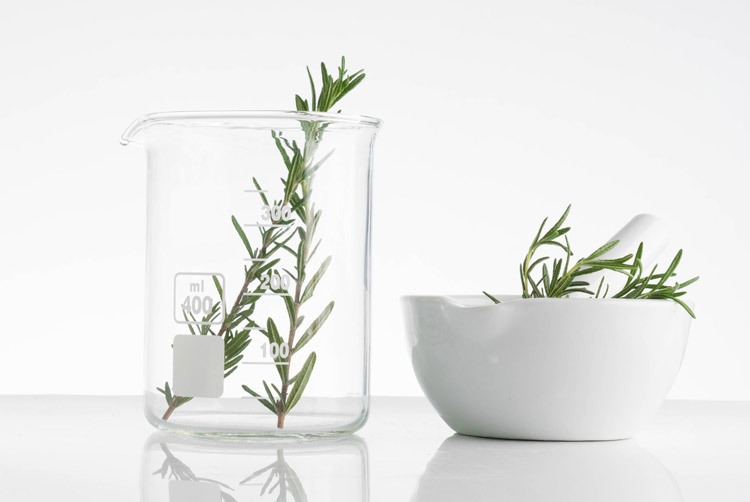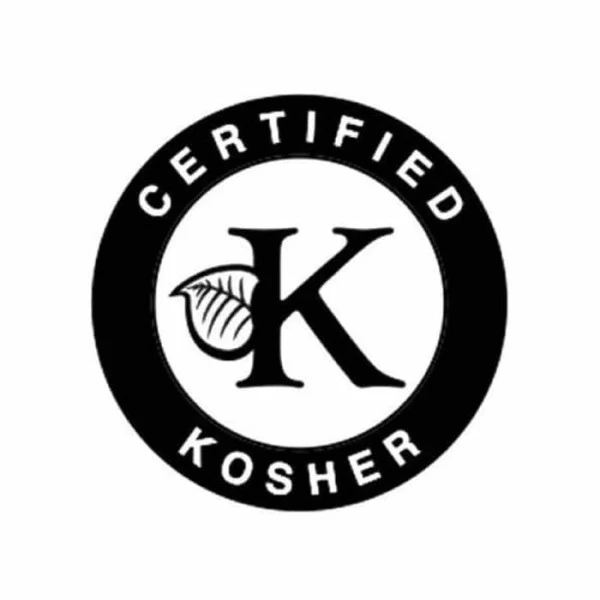Herbal oils are a natural material that is widely used in many areas today. These oils, which can be used in many areas from cooking to cosmetic products, soap making, medicines and food supplements, are also beneficial for health. The areas of use of herbal oils are quite wide, and each oil has its own unique benefits, let's see:

1) Medicine
Herbal oils are used for various purposes in the pharmaceutical industry. Especially due to the therapeutic properties of herbal oils, it is common for them to be used as an active ingredient in medicines. In addition, they are finding uses for drugs to be absorbed and function better.
Here are some examples about the use of vegetable oils in medicines:
- In capsule or tablet form: Some herbal oils are used by adding them to medicines in capsule or tablet form. For example, flax seed oil or evening promise oil are sold as health supplements in capsule form.
- In the form of cream, ointment or lotion: Some herbal oils are added to medicines in the form of cream, ointment or lotion for use in the treatment of ailments such as skin diseases. For example, tea tree oil or rosehip oil is used in the treatment of skin diseases.
- As injection oil: Some herbal oils are used as injection oil, especially for aesthetic purposes. For example, olive oil combined with soy oil or hyaluronic acid is used for skin filler purposes.
- As a carrier oil: Herbal oils are used as carriers to increase the absorption of certain drugs. For example, olive oil or coconut oil can be used as a carrier oil of CBD oil or other herbal extracts.
The use of herbal oils in the pharmaceutical industry is quite common, but they can have side effects, especially when used in high doses. Therefore, it is recommended to always consult with your doctor regarding the use of herbal oils.

2) Aromatherapy
Herbal oils are one of the basic materials used in aromatherapy applications. Aromatherapy is a type of therapy based on the use of oils of plants, and herbal oils are used in aromatherapy applications because they contain volatile components.
- Usage as Massage Oil: Herbal oils are added to the massage oils used in aromatherapy massage. Massage oils are used to reduce tension on the skin, relax muscles and reduce stress.
- Use as a Bath Oil: Herbal oils are added to the bath oils used in aromatherapy baths. Bath oils are used to moisturize the skin, relax muscles and relieve mental state.
- Use as a Room Fragrance: Herbal oils are used with air fresheners or diffusers in aromatherapy applications. Diffusers help to disperse herbal oils in the air, thanks to which the air of the room has a relaxing effect.
- Use in Skin Care: Herbal oils are used in skin care products. Herbal oils used for skin care help moisturize the skin, regulate skin tone, and relieve acne and other skin problems.
- Use in Hair Care: Herbal oils are also used in hair care. Vegetable oils used in hair masks, shampoos and conditioners help to moisturize, strengthen and shine the hair.
The use of herbal oils in aromatherapy is an application that should be done in the right quantities and in the right way. Herbal oils can cause allergic reactions or other health problems for some people. In addition, some herbal oils can be dangerous to apply directly to the skin or to swallow. Therefore, it is recommended to consult an aromatherapist or a health professional for the safe use of herbal oils in aromatherapy applications.

3) Cosmetics Industry
Herbal oils are used in many products in the cosmetic sector. Herbal oils nourish, moisturize and protect the skin because they are of natural origin. In addition, they can improve the appearance of the skin thanks to the vitamins and minerals they contain. Some herbal oils also slow down the aging of skin cells due to their antioxidant properties.
The use of herbal oils in the cosmetic industry can take the following forms:
- Use as a moisturizer: Herbal oils can be used to maintain the moisture balance of the skin. Oils such as argan oil, jojoba oil and coconut oil are easily absorbed by the skin and moisturize the skin.
- Use as a facial cleansing oil: Herbal oils can remove impurities and makeup residues from the skin by using them as a facial cleansing oil. Oils such as olive oil, sweet almond oil and grape seed oil nourish and moisturize the skin at the same time as cleansing the skin.
- Use for hair care: Herbal oils can make the hair look healthier and brighter by maintaining the moisture of the hair. Oils such as castor oil, argan oil and jojoba oil nourish the scalp and strengthen the hair.
- Usage as massage oil: Herbal oils are also used as massage oil to soften the skin, increase blood circulation and relieve muscle aches. Oils such as apricot oil and ginger oil are often used for massage.
The choice of herbal oils used in cosmetic products should be made according to the type of product and skin type. In addition, it is important that herbal oils are formulated properly and not used in a concentrated way. It is recommended to consult a specialist to learn more about the use of herbal oils in the cosmetic industry.
4) Soap Making
Herbal oils are one of the main components of soap in soap making. Herbal oils used in soap making are an important factor determining the consistency and quality of soap. Herbal oils increase the moisturizing properties of soap and nourish the skin.
Herbal oils used in soap making are used in the process of "saponification", which is one of the basic steps of soap making. The saponification process is the process of reacting fats with alkali in soap making and forming soap.
When making soap, it is important to use the right amount of oil and perform the correct saponification process. In addition, in terms of the quality of the soap and its service life, the quality of the herbal oils used is also important. To learn more about herbal oils in soap making, it is recommended to use resources specialized in soap making.
5) Food Supplement:
Herbal oils can be used as food supplements. However, it is recommended to consult with a health professional before using herbal oils. In this way, accurate information about the person's health status and the properties of the herbal oil to be used is obtained and possible side effects are prevented.
When using herbal oils as food supplements, they should be consumed in the right dosage and in the right way of use. Some herbal oils can be harmful when consumed in high amounts, so an expert's advice should be sought on dosage and use. In addition, herbal oils should be consumed in a fresh and high-quality way. Old and expired oils can be harmful to health.
6) Cook
Herbal oils are an ingredient that is often used when cooking and are included in many recipes. Herbal oils add flavor to dishes and simplify the cooking process. In addition, some herbal oils, which are considered healthy fats, can improve the quality of dishes.
Here are some recommendations on the use of herbal oils in cooking:
- Try different oils: When cooking, discover their flavors by using different herbal oils. For example, you can use different herbal oils, such as olive oil, extra virgin olive oil, coconut oil, sunflower oil, sesame oil, nut oil and avocado oil.
- Limit use at high temperatures: Some herbal oils are not suitable for use at high temperatures. Herbal oils that are suitable for use at high temperatures are oils such as sunflower oil, corn oil and canola oil. However, some herbal oils, such as olive oil, can form harmful compounds when exposed to high heat, so these oils should be used at low heat.
- Use it for the marinating process: Marinating is an important step to enhance the flavor of the dish. For the marinade process, you can use healthy herbal oils such as olive oil, coconut oil or avocado oil.
- Combine with fresh spices: Herbal oils can enhance their flavor when combined with fresh spices. For example, olive oil and fresh thyme or mint leaves add a wonderful aroma and taste to dishes, while at the same time increasing their nutritional value.
- Use vegetable oil instead of salt: If you want to reduce the amount of salt used in cooking, you can use healthy herbal oils such as olive oil, avocado oil or nut oil instead of salt.
The use of herbal oils in cooking not only increases their taste, but also helps you consume healthy fats. However, since they are high in calories, it is recommended that they be consumed in appropriate amounts within a balanced nutrition program.








